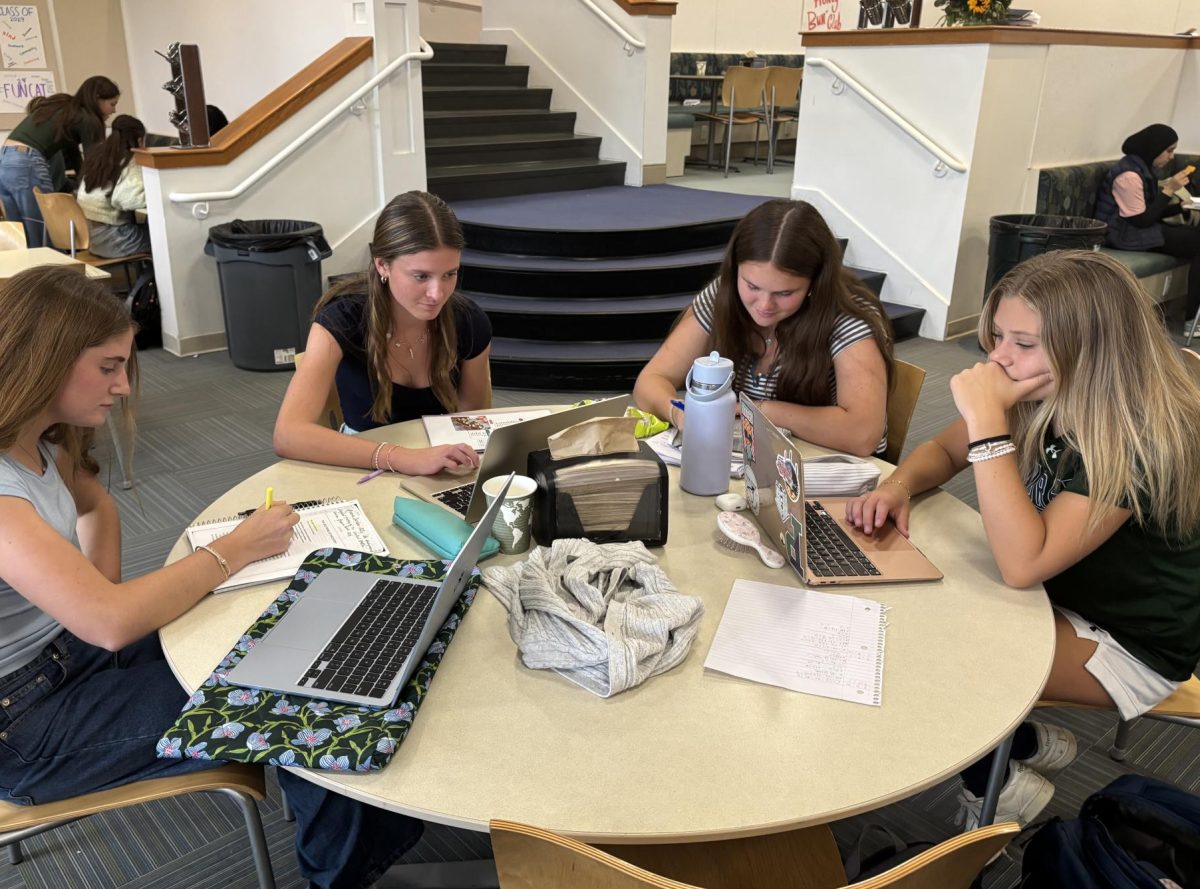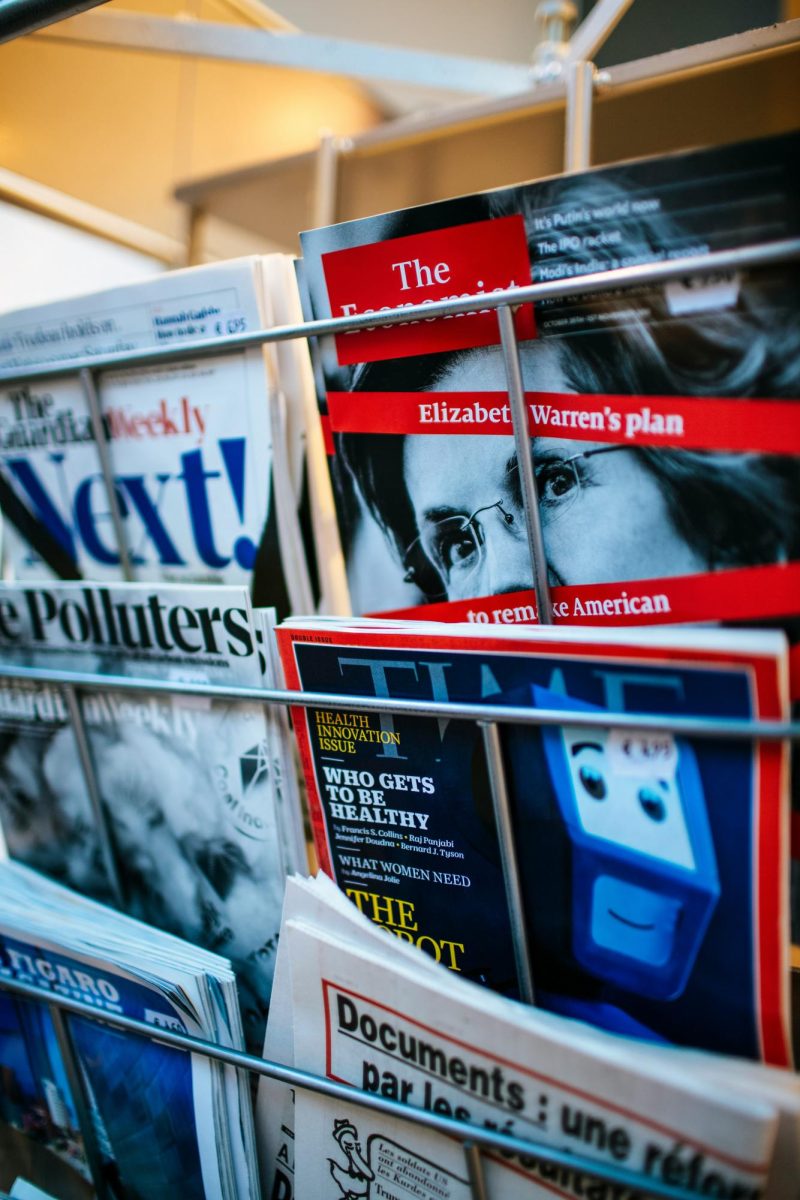Young voters are now reflecting on how pop culture moments have influenced their decision for the 2024 election.
This past June, music artist Charli XcX released her electro-pop album Brat, which in turn created Brat summer. Brat summer was a popular term used on social media platforms such as TikTok, creating a mindset of “brat.” Suddenly, calling something brat was a compliment rather than an insult. “Brat” is exactly what Charli XcX called Kamala Harris when endorsing her for President (despite Charli not having U.S. citizenship). This became a major part of the Harris campaign on social media, which led to Harris increasing the support from 18-29 year olds by 64% according to the 48th Harvard Youth Pole.
However, this may not be the only reason Kamala Harris is doing well with young voters.
According to Pingree English teacher Emily Lawrence, “The combination of this social media campaign along with some of the key differences between Harris and Biden as candidates, mainly their age and how they come from different generations, both together sort of formed this new energy to the campaign and a new excitement.”
Dr. Amanda Nasser is enthusiastic about the impact it has had on youth voting. She teaches a course on the election here at Pingree and has plenty of knowledge on the subject.
In Dr. Nasser’s class they have looked at past voting among 18 to 29 year olds and examined why this group tends to vote in low numbers, no matter the generation. However, it’s possible this trend is changing.
According to Dr. Nasser, “If we look at some of the early data, [younger] people are planning on voting at higher numbers than other groups when they were 18 to 24.”
Anton Nugteren, a first-time voter, is pleased with the interest from young voters as he believes that “it’s probably good that Gen-Z is paying attention to [election news].”
Despite the effects celebrity endorsements and pop culture as a whole have had on campaigns and voting rates of young people, many voters in the Pingree community were not swayed by them.
“I wasn’t personally influenced,” said Dr. Nasser of this year’s celebrity endorsements, “but I was definitely interested, and I did look at who/what celebrities had attended the Republican convention and the Ddemocratic National Convention.”
Ms. Lawrence agreed that she “had made up [her] mind previous to any celebrity endorsements, but [she] certainly took note of which celebrities were endorsing which candidates.”
In general, many Pingree student voters are aware of many celebrity endorsements and pop culture moments, however they claim that their decisions about the candidates were not impacted.
However, it is possible that subconscious bias on different pop culture events may have played a part in decisions. While voters may think that celebrity endorsements and pop culture does not influence their decisions, there is possible bias towards or against these celebrities and/or pop culture events that they are not aware of.
So, if you are casting a ballot in November, consider what influence pop culture has had on you. Were you singing along to the bratty songs in Kamala Harris’s TikToks? Did you like Taylor Swift’s instagram post endorsing Harris? Did you cheer for football player Patrick Mahomes knowing his wife endorsed Trump? Ask yourself, did these experiences of celebrity endorsements change your ideas on the candidates, or were your ideas on the candidates already formed








